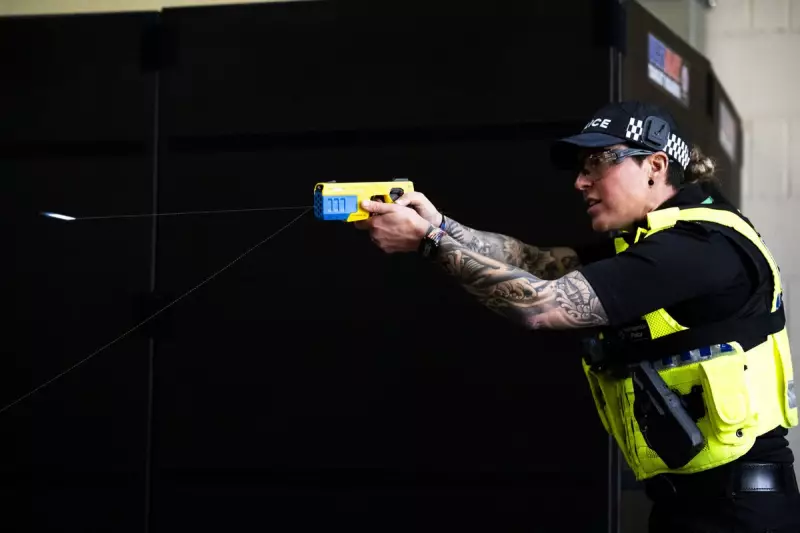
The Metropolitan Police has initiated a groundbreaking Taser amnesty programme, allowing officers to voluntarily surrender their electroshock weapons without facing disciplinary action. This unprecedented move comes as part of a wider review into the use of force by Britain's largest police service.
Scale of the Amnesty
Since the programme's launch, approximately 150 Tasers have been returned by officers across London. The amnesty period, which concluded recently, provided a safe space for police personnel to hand back the controversial weapons amid growing scrutiny about their deployment.
Background to the Controversy
The decision follows a BBC investigation that revealed shocking statistics about Taser usage patterns. According to the findings, black people were subjected to Taser incidents at more than five times the rate of white individuals in certain regions of England and Wales.
Furthermore, the investigation uncovered that a significant portion of Taser deployments occurred during mental health crises, raising serious questions about whether these weapons are being used appropriately as a de-escalation tool.
Home Office Involvement
The Home Office has been actively monitoring the situation, with officials acknowledging the need for greater transparency and accountability in police use of force. A spokesperson confirmed that discussions about Taser usage and training standards are ongoing at the highest levels of government.
Officer Training and Concerns
Many officers who participated in the amnesty expressed concerns about their confidence and training in using the devices effectively. Some cited insufficient preparation for high-pressure situations, while others questioned whether Tasers were always the most appropriate response to challenging encounters.
Community Impact
Community leaders and advocacy groups have welcomed the amnesty as a positive step toward rebuilding trust between police and minority communities. However, they emphasise that this should be just the beginning of broader reforms in police tactics and community engagement.
Future Implications
The Metropolitan Police now faces the challenge of reviewing its use of force policies and implementing new training protocols. The outcome of this internal review could potentially influence police forces nationwide, setting new standards for the deployment of conductive energy devices across the UK.
As the force moves forward, all eyes will be on whether this amnesty leads to meaningful change in how police interact with vulnerable individuals and minority communities across London.





